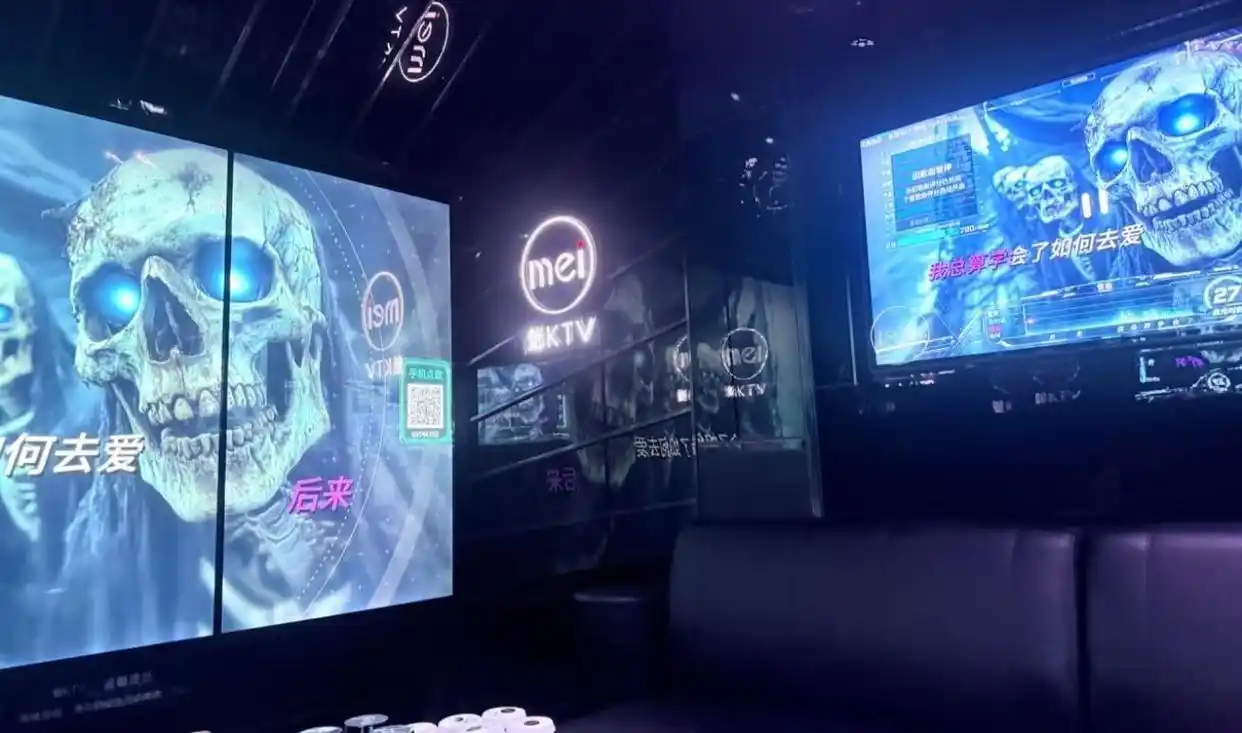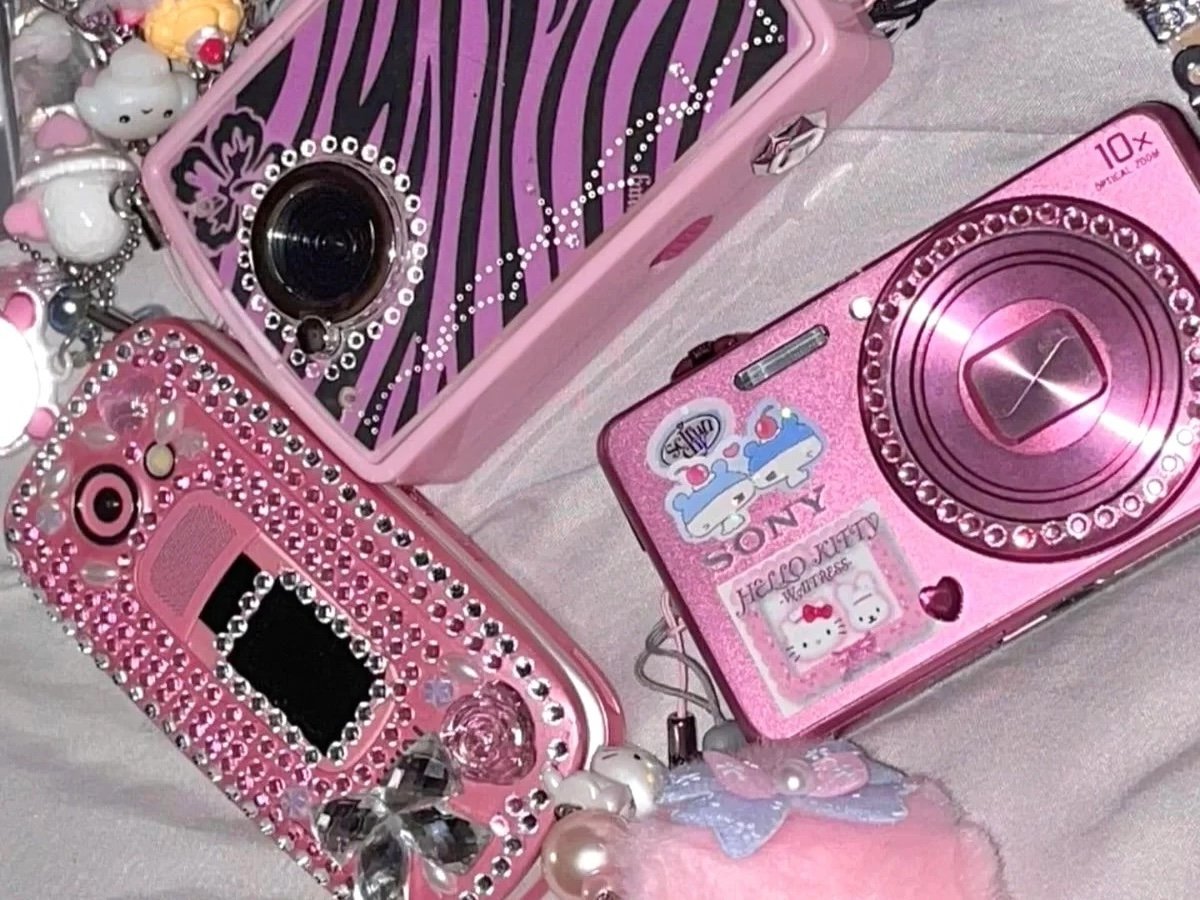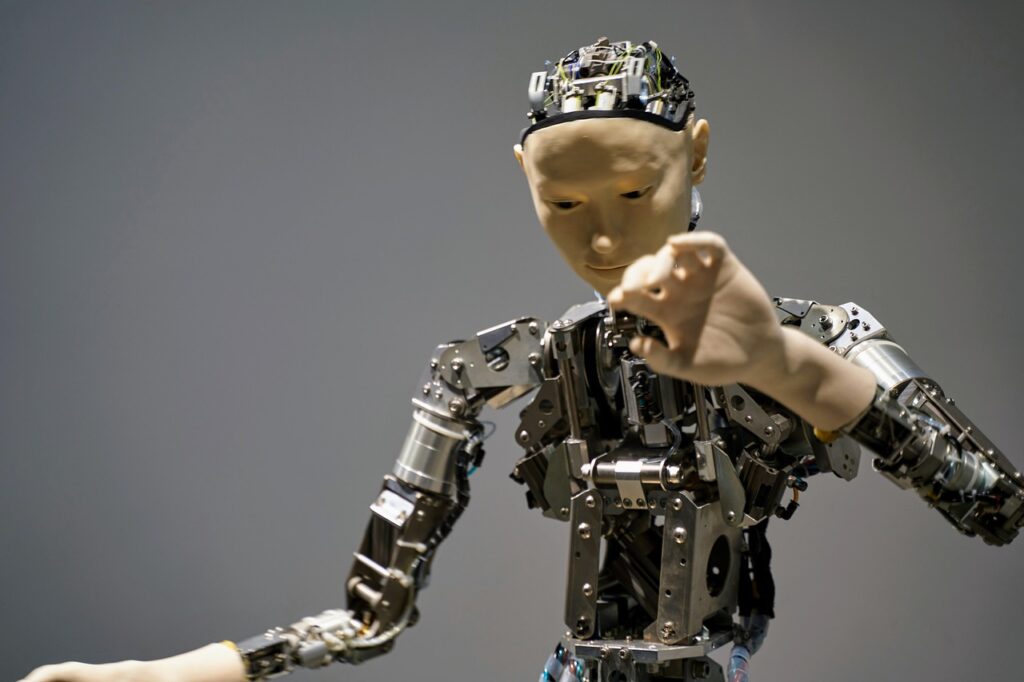In a development that highlights the growing pains of AI integration in entertainment, customers at mei KTV—a mainland Chinese karaoke chain—are encountering unexpected challenges with the venue’s technology implementation. While the chain has been expanding its presence, including a recent flagship store launch in Hong Kong’s Lan Kwai Fong area, reports suggest their AI-powered features may need refinement. As it turns out, what started off as a more efficient way to provide fun and engaging music videos to back up your singalong has turned into complete nightmare fuel.
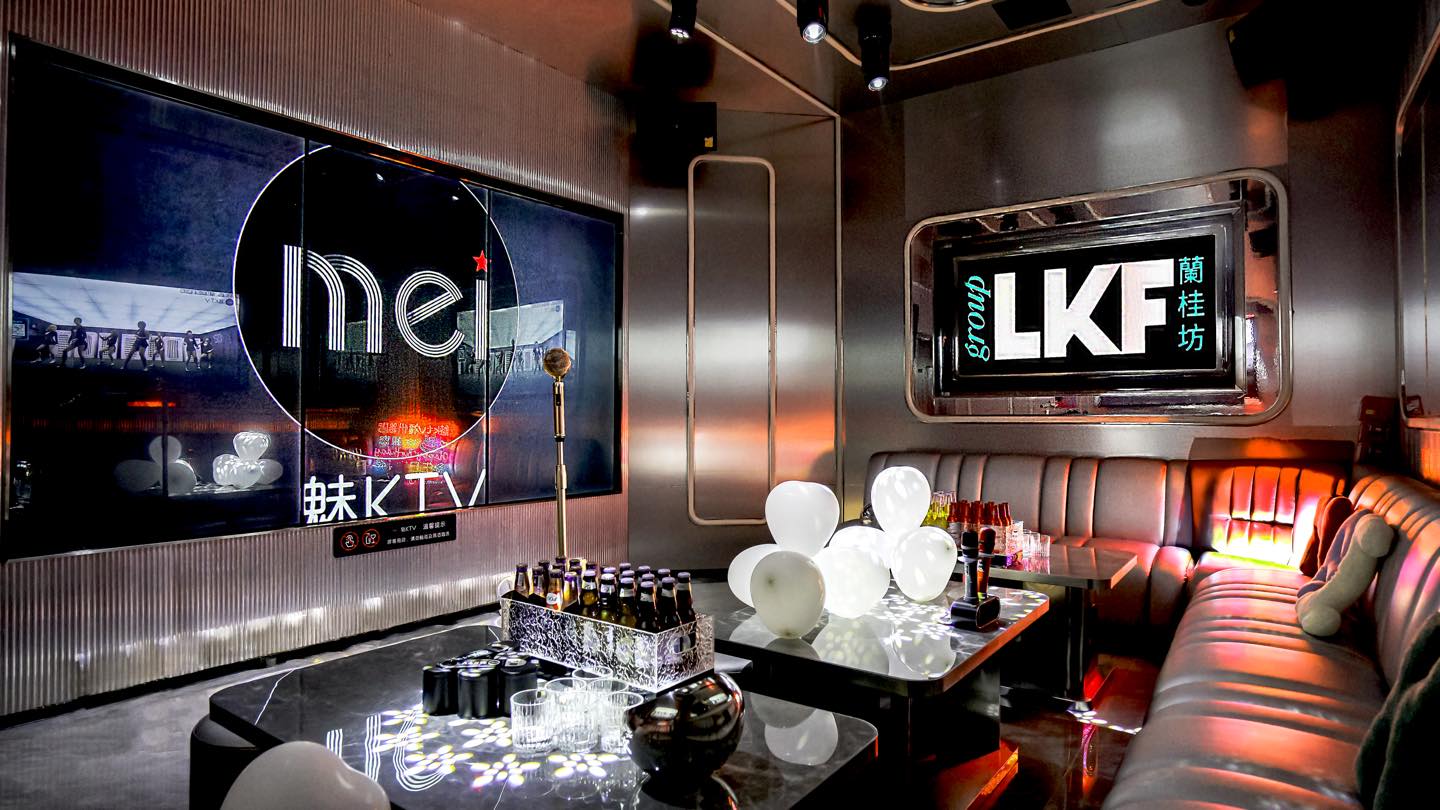
Instead of more enhanced versions of that couple prancing along a meadow stream or a lady skipping emotionally through a rain-swept city, mei KTV’s AI has opted instead for a gang of freakish skeletons—or how about unsettling humanoids with hamsters for faces? An alien-insect riceball lady? Oh, you’d like to sing this Jay Chou song? Sure, here it is, along with traumatizing visuals you never asked for.

The karaoke industry in China has been undergoing a significant transformation in recent years. The government has implemented stricter content regulations, with authorities banning songs containing references to gambling, violence, drugs, or other “harmful” content from karaoke establishments. Additionally, copyright enforcement has become more stringent, with over 6,000 songs removed from Chinese KTV systems due to licensing violations.
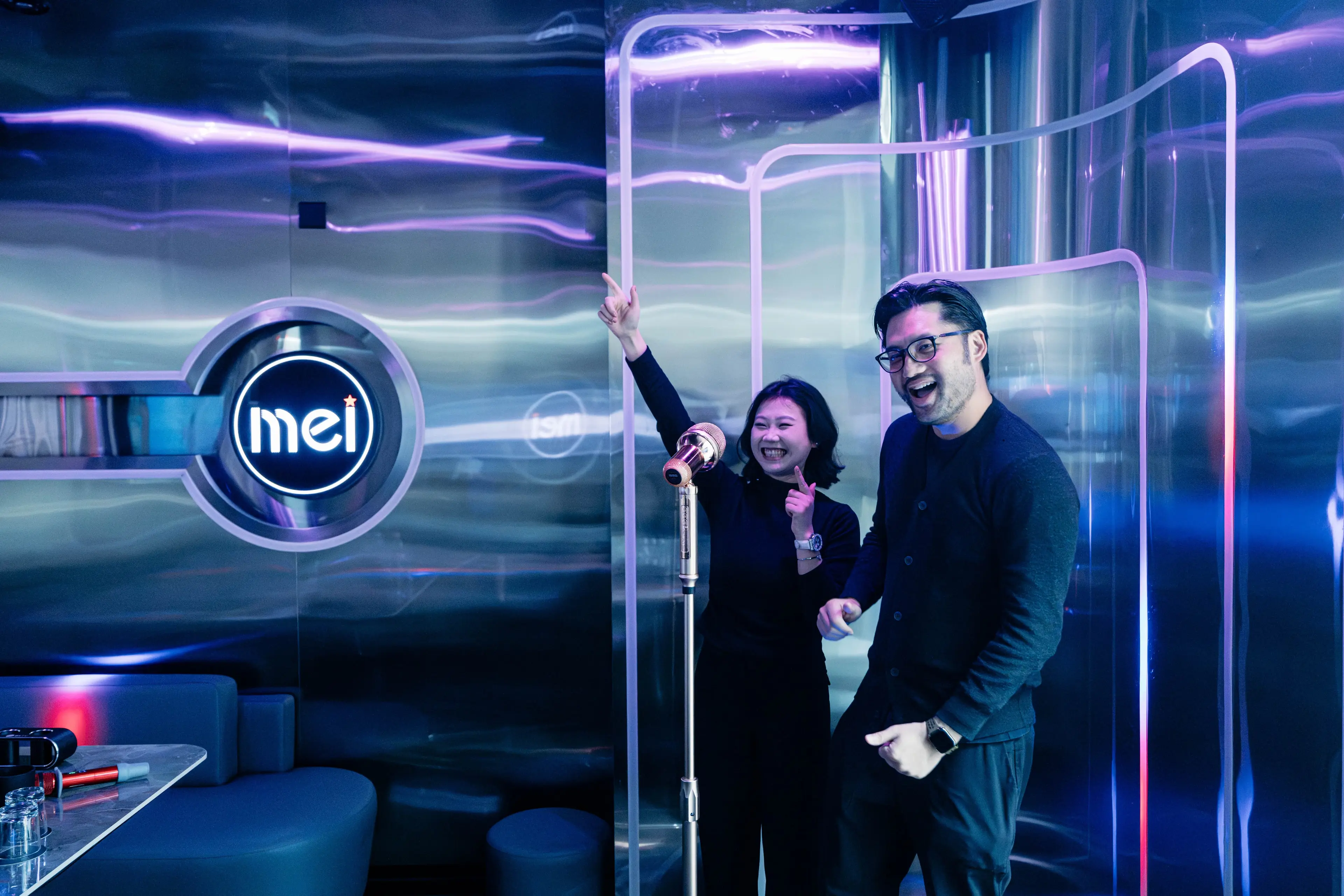
Against this backdrop of regulatory oversight, karaoke chains are increasingly turning to AI-generated music videos to modernize their offerings and reduce production costs. These systems promise features like automatic lyric syncing, custom backgrounds, and dynamic visual effects that respond to the music’s tempo and mood.
However, the implementation of such technology requires careful consideration. AI karaoke video makers can generate impressive results, but they also highlight the critical importance of proper content filtering and quality control measures.
The broader karaoke industry has been evolving rapidly, with digital karaoke trends including mini KTV booths and private karaoke solutions gaining popularity. These innovations reflect changing consumer preferences and the industry’s adaptation to modern entertainment expectations.
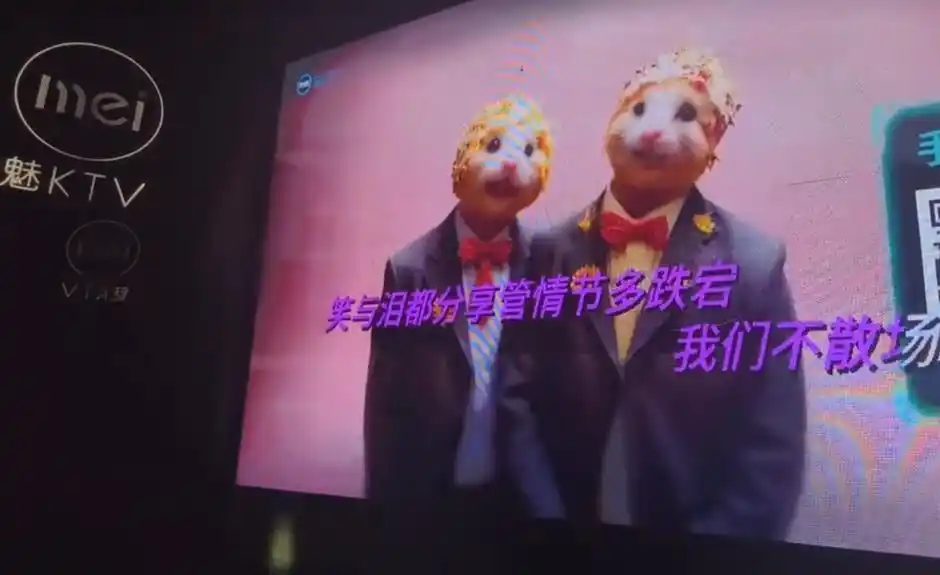
As establishments like mei KTV continue to integrate AI technology into their operations, the experience serves as a reminder that thorough testing and robust content moderation are essential when deploying generative AI in public entertainment settings. Especially when you and your friends are about to crack into that F4 classic, only to be greeted by ghoulish skeletons fighting for your soul, or hamster-headed people also, we guess… looking to steal it?
Cover image via Baidu.

